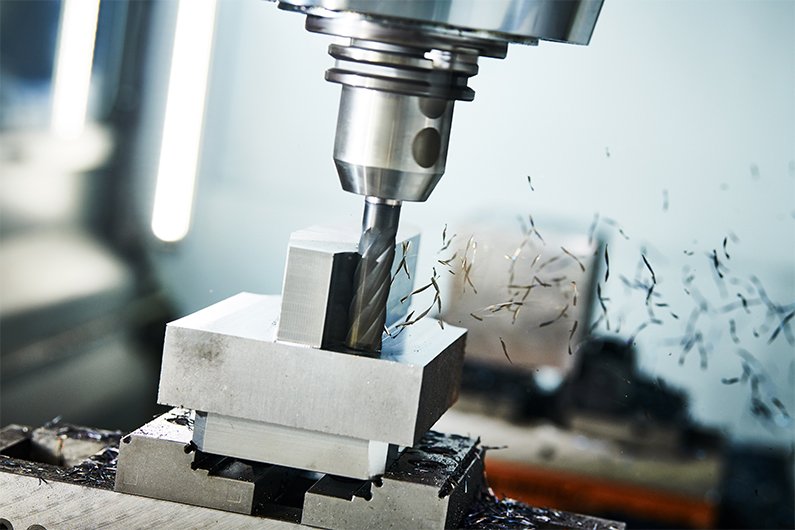Magnesium is one of the most abundant elements in the earth’s crust, but its industrial use has been limited due to its highly reactive nature and difficulty in processing. However, the development of magnesium alloys has made it possible to use this lightweight and strong metal in various applications, including aerospace, automotive, and consumer electronics. In this article, we will explore the development history of magnesium alloy.
Early Development
The first attempts to produce magnesium alloys can be traced back to the early 20th century. In 1908, German scientist Alfred Wilm discovered that the addition of aluminum to magnesium could improve its mechanical properties. In 1923, the first magnesium-aluminum alloy was patented in Germany, which became known as the AZ alloy series.
World War II
The development of magnesium alloys accelerated during World War II, as the demand for lightweight and high-strength materials for aircraft and other military equipment increased. The United States, Japan, and Germany were the main producers of magnesium alloys during this period. The US Army and Navy also conducted extensive research on the properties and processing of magnesium alloys, leading to significant advancements in their application.
Post-War Period
After World War II, the development of magnesium alloys continued, and their use expanded into new industries, including automotive, consumer electronics, and medical devices. In the 1950s, the development of the AE alloy series, which contained rare earth elements such as cerium and neodymium, improved the high-temperature properties of magnesium alloys and led to their use in aerospace applications.

Modern Development
In recent years, the development of magnesium alloys has focused on improving their corrosion resistance, thermal stability, and processing capabilities. The use of new alloying elements such as zirconium, manganese, and lithium has led to the development of high-performance magnesium alloys with improved mechanical properties and corrosion resistance.
The Future of Magnesium Alloy Development
The development of magnesium alloys is ongoing, and researchers are exploring new applications and processing methods. One area of focus is the development of magnesium alloys for use in biodegradable implants, which can be safely absorbed by the body after their useful life is over. The use of magnesium alloys in additive manufacturing, or 3D printing, is also an area of research, which could lead to the production of complex and lightweight parts.
In conclusion, the development of magnesium alloys has been a long and ongoing process, driven by the demand for lightweight and high-strength materials in various industries. While there have been challenges along the way, magnesium alloys continue to be an important material for many applications and hold promise for future advancements.

 0086-750-5616188
0086-750-5616188 +86 13392089688
+86 13392089688 sales@zhongmei-tech.com
sales@zhongmei-tech.com













